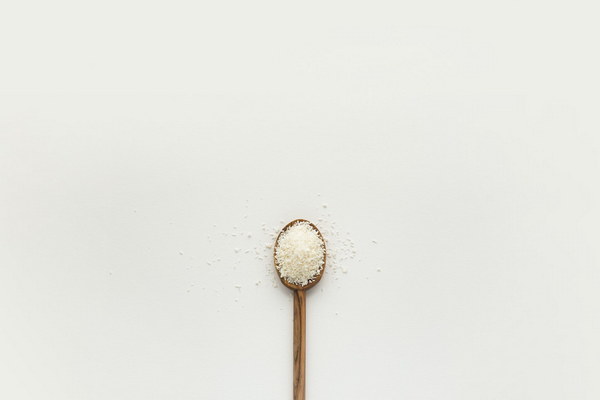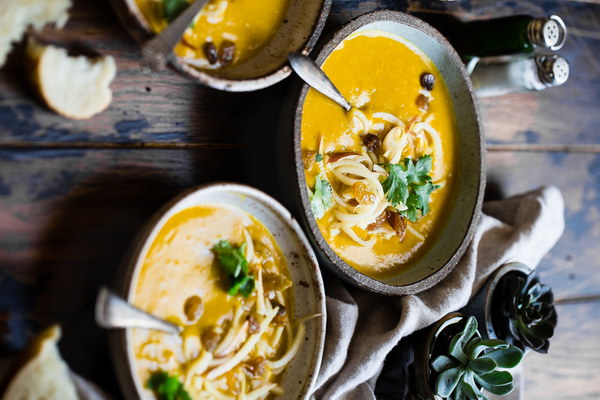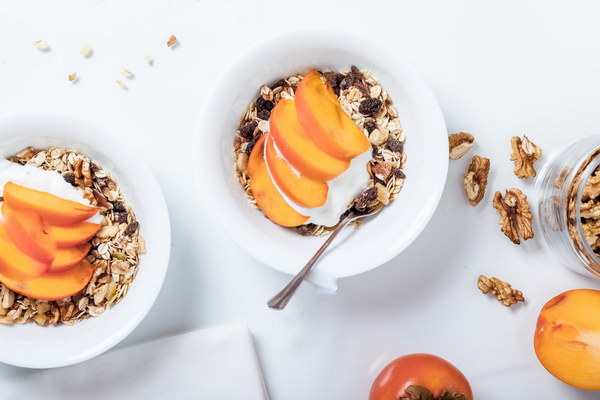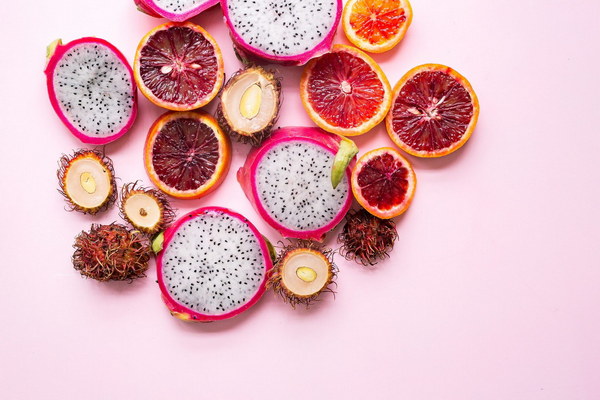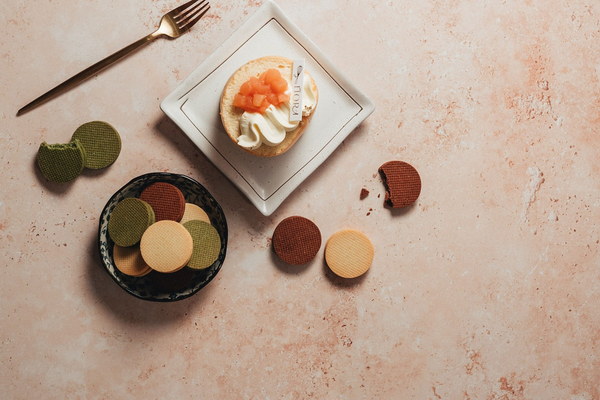Unveiling the Truth Does Bird's Nest Really Boost Qi and Blood
In recent years, bird's nest, a traditional Chinese delicacy, has gained significant popularity worldwide. Known for its supposed health benefits, many tout it as a natural remedy for boosting one's qi and blood. But does bird's nest really live up to its reputation? In this article, we will delve into the facts and myths surrounding bird's nest consumption, particularly its efficacy in replenishing qi and blood.
Bird's nest, made from the saliva of swiftlets, is a gelatinous substance that forms the nest. These nests are primarily found in Southeast Asia, particularly in countries like Indonesia, Malaysia, and Thailand. For centuries, bird's nest has been a delicacy in Chinese cuisine, often served as a soup or dessert, believed to possess various health benefits.
One of the most widely discussed benefits of bird's nest is its ability to boost qi and blood. Qi, in traditional Chinese medicine, refers to the vital life force that flows through the body, while blood is considered the substance that carries oxygen and nutrients to cells. According to Chinese folklore, bird's nest has the power to nourish both qi and blood, thus improving overall health and vitality.
So, does bird's nest live up to its reputation? Let's examine the evidence:
1. Scientific research: While there is limited scientific evidence to support the claims made by traditional Chinese medicine, some studies suggest that bird's nest contains compounds that may have health benefits. For instance, bird's nest is rich in proteins, antioxidants, and other nutrients that may contribute to overall well-being. However, it is important to note that these findings are not conclusive, and more research is needed to fully understand the potential health benefits of bird's nest.
2. Traditional Chinese medicine: According to traditional Chinese medicine, bird's nest has been used to treat various ailments, including weakness, anemia, and fatigue. Proponents of this practice argue that bird's nest's ability to nourish qi and blood makes it an effective remedy for these conditions. While there is no scientific evidence to support these claims, many people continue to use bird's nest as a traditional remedy.
3. Nutritional value: Bird's nest is rich in proteins, vitamins, and minerals. These nutrients can help improve overall health, including the health of the immune system, skin, and hair. However, it is essential to understand that these nutrients are also found in many other foods, such as lean meats, fish, and vegetables.
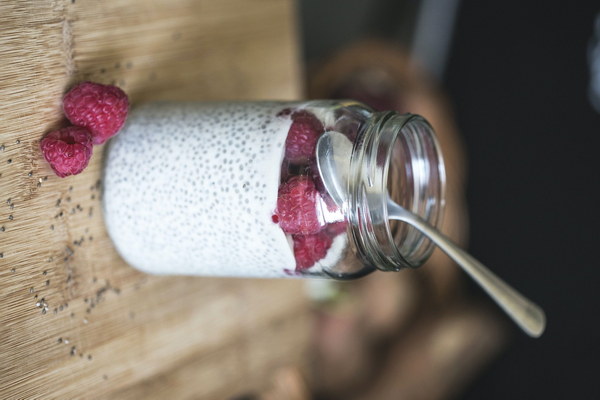
4. Potential side effects: While bird's nest is generally considered safe for most people, it is important to be aware of potential side effects. For instance, some individuals may experience allergic reactions to bird's nest, and those with certain health conditions should consult a healthcare professional before consuming it.
In conclusion, while bird's nest is often recommended for its supposed ability to boost qi and blood, the scientific evidence supporting these claims is limited. While bird's nest does contain some beneficial nutrients, it is not a miracle cure for qi and blood deficiencies. If you are considering incorporating bird's nest into your diet, it is essential to consult a healthcare professional to ensure it is safe and appropriate for your specific health needs.
In the end, the decision to consume bird's nest should be based on personal preference and individual health considerations. While it may offer some health benefits, it is not a substitute for a balanced diet and a healthy lifestyle.



